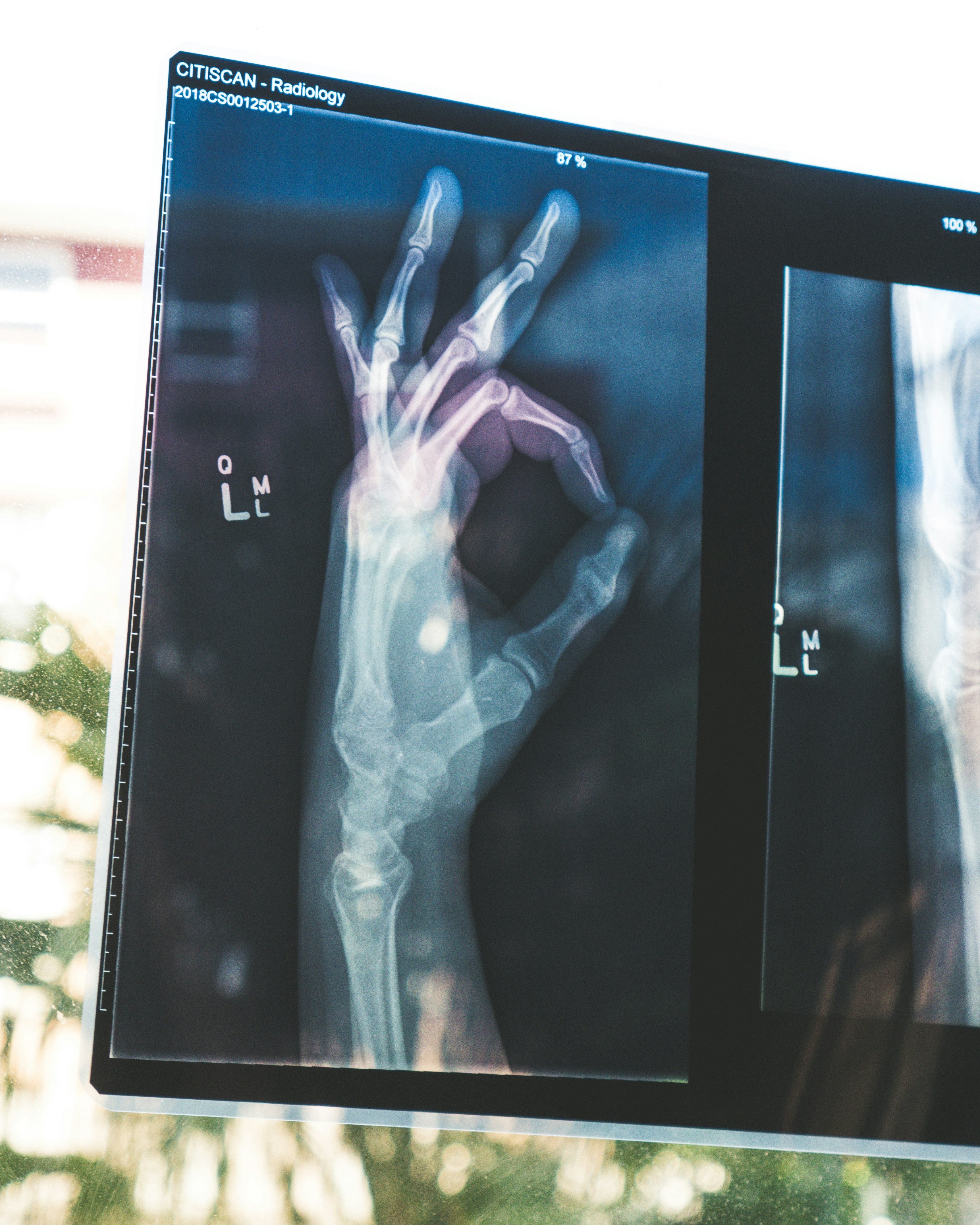The Health Checks you need in your 40’s.

If you’re stepping into your middle-ish 40s, it’s a magical time to embrace your health and get on top of things. This is a decade when many of the life choices you make start to catch up, particularly as your hormones start to change, so it’s important to really understand your body, and make any lifestyle changes that you need to. After all, increasing the time you are fit and healthy allows you to enjoy the things you love most, for longer.
Did you know that in Australia there is a government subsidised 45-49 health assessment that can help you identify potential chronic conditions early and reduce the risks? Ask your GP.
But back to the health checks you should have and keep on top of.
Blood Pressure Check
First and foremost, monitoring your blood pressure is crucial. High blood pressure may have no symptoms, so can be a silent enemy, creeping up on you. Regular checks help you stay ahead of the game and ensure your heart is as strong and vibrant as you are.
High blood pressure can affect the blood flow to your organs, which can increase your chances of heart disease, stroke, chronic kidney disease and eye disease.
Low blood pressure can also be a problem, as it can increase risk of falls or be a sign of an underlying medical condition.
It is recommended that you have your blood pressure checked at least once every two years, but more often is advised.
Cholesterol and Lipid Blood Test
Knowing your cholesterol levels is vital. Every 4-6 years, or more frequently if you have risk factors like a family history of heart disease, get those levels checked.
A lipid profile blood test measures:
- the total amount of cholesterol in your blood (total cholesterol)
- the level of HDL-cholesterol (high-density cholesterol, often called ‘good cholesterol’)
- the level of LDL-cholesterol (low-density cholesterol, often called ‘bad’ cholesterol)
- triglycerides (TG, another type of fat in the body)
LDL cholesterol is referred to as bad cholesterol because it can build up in the walls of your blood vessels and increase the risk of coronary heart disease and atherosclerosis.
HDL cholesterol is good cholesterol because it removes excess cholesterol form your body.
High triglyceride levels can also increase your risk of cardiovascular disease.
Your GP will usually recommend this test starting at 45 years old. If you do have concerning results, your doctor will then give you advice for lifestyle changes. It’s all about maintaining a healthy heart and vibrant energy to keep you thriving.
Blood Sugar Test
Checking your blood sugar levels can catch prediabetes or diabetes early. This proactive step helps you identify maintain balanced energy levels and avoid the highs and lows that can disrupt your day. This is usually a fasting test, and you will need to give a small amount of blood from a vein in your arm. The blood will then be sent to a laboratory for testing (hint – make sure you are well hydrated).
Sometimes an oral glucose tolerance test is recommended. This is just like the one you may have had during a pregnancy, where you drink a glucose solution and one or more blood tests will take taken over a number of hours.
Breast Cancer Screening
Mammograms are able to find breast changes that are too small to see or feel during a physical examination. Whilst it is recommended that all women aged between 50 and 74 have mammograms every two years, they are also available free of charge to women over 40 through the BreastScreen Australia program. If you have any family history or risk factors, you should take advantage of this. Early detection is key, and this simple test can save lives. Empower yourself by making this a regular part of your health routine.
Cervical Screening
The newer cervical screen test has replaced the Pap test, and only needs to be done every 5 years. This may seem counter-intuitive, but it is more accurate and is expected to protect almost one third more people from cervical cancer than the old Pap test. This test is a powerful tool in detecting changes early and protecting your health. It’s a small step with big benefits.
Bone Density Test
Your bones are the foundation of your body’s strength. A bone density test can help detect osteoporosis early, or if your risk of developing osteoporosis in the future is higher than average. People living with osteoporosis have porous, fragile bones, which can lead to an increase risk of bone fractures.
We want to ensure you stay strong and active, and maintain that fabulous, unstoppable you.
Skin Checks
Regular skin checks are essential living in Australia. The recommendation is to have a full skin check by a qualified doctor at least once per year. If you have any risk factors or some early changes, this might be more often. Monitor any changes in moles or new growths, as early detection of skin cancer is crucial. Love the sun, but always protect your beautiful skin.
Eye Exam
Vision can change as we age, so regular eye exams are important. An optometrist can pick up problems with your eyes before you notice any changes yourself. Regular eye tests can detect and diagnose eye problems such as glaucoma, cataracts and macular degeneration in very early stages. Keep your eyes healthy and your vision clear, because there’s so much beauty in the world to see and experience.
If you’re over 40, you should have an eye test every 2-3 years. However you should have more regular tests if you have risk factors such as eye disease, diabetes or high blood pressure. If you already wear glasses, you might also notice changes in your eyesight alongside hormonal changes!
Mental Health Check
Your mental health is just as important as your physical health. During perimenopause, changes to our hormone levels can also affect our moods, and lead to anxiety and depression. Regular check-ins with a mental health professional can help you navigate the challenges of life with grace and resilience. Prioritise your mental well-being; it’s the cornerstone of a fulfilled life.
Remember, these health checks are acts of self-love and empowerment. Embrace them as part of your journey to living your best, healthiest life. You are worth it.
For more detailed guidance, visit [Healthdirect's page](https://www.healthdirect.gov.au/manage-your-health-in-your-40s) on managing health in your 40s.
Take charge of your health, and live with purpose and joy.


